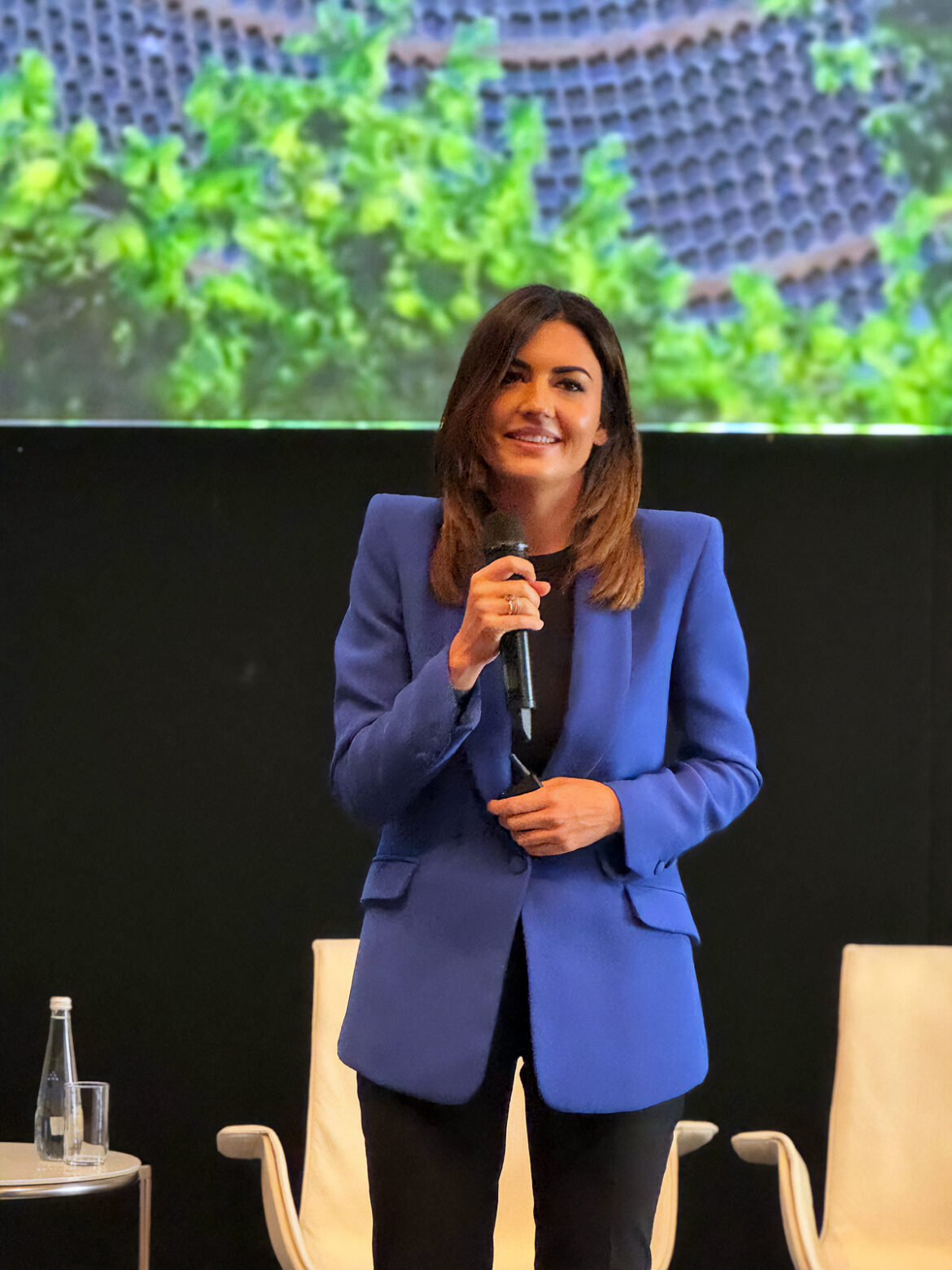ESG Mena explores how Abu Dhabi is positioning itself as a global hub for climate finance and sustainability, with a particular focus on the initiatives led by the Global Climate Finance Centre (GCFC). Mercedes Vela Monserrate, CEO of GCFC, shares how the GCFC contributes to UAE’s vision to become a premier hub for climate investments, outlining the organisation’s multi-pronged strategy. We also discuss the UAE’s focus on Africa as a key region for climate investment, the importance of climate technology in fostering innovation, and the role of Islamic finance in aligning ethical principles with sustainability goals.
- This is the Inaugural Annual Meeting during Abu Dhabi Sustainability Week (ADSW). Abu Dhabi is often referred to as the “capital of capital.” What is your plan and strategy to deploy and spread this globally?
GCFC focuses on establishing Abu Dhabi and the UAE as a new global climate finance hub while at the same time mobilising capital for climate action.
We’re doing this by concentrating on three priority areas:
- Serving as the Secretariat for three initiatives that were announced at COP28: The Global Climate Finance Framework, the Africa Green Investment Initiative (AGII) and Innovate for Climate-Tech Coalition (I4C).
- Advising on regulatory frameworks, driving data and research, and building capacity. Our work focuses on transition finance, capital markets, and de-risking mechanisms.
- Acting as a platform for collaboration between the private sector, the public sector, and philanthropic institutions.
The UAE has a strong focus on Africa. What is your strategy regarding this?
Scaling private investment in emerging markets requires a fundamental shift in how we approach investments. At GCFC, we focus on achieving visible returns by moving the conversation from “why invest” to “how to invest effectively.”
While progress has been made in building regulatory frameworks, addressing the availability of de-risking mechanism remains critical to driving capital deployment.
This is something GCFC and its partners will be working on in the coming years.
While we see some other markets confining themselves off Africa for various reasons, UAE is ideally positioned geographically and structurally to serve as the gate to Africa’s green finance. This is particularly important given the continent’s growing needs in sectors such as power and energy, infrastructure, and mobility, among others.
- Climate tech is an important area. What is your focus on climate tech, and how do you plan to push it forward?
Climate tech is very important. Out of the three key initiatives announced at COP28, one specifically focuses on climate tech.
This initiative, Innovate for Climate Tech Coalition (I4C), focuses on venture capital and startups working on climate and innovation. We have recently signed an MOU with Hub71 to drive innovation, investment, and impact in the climate-tech ecosystem.
- There’s been a decline in start-ups recently. Do you think the MOU with Hub71 will help push things forward?
Indeed. Not just with the MOU with Hub71 but also through our collaboration with other partners. Venture capital and start-ups are key, and this is something we need to work on and develop further.
- What are your thoughts on carbon pricing? How is GCFC contributing to this space?
The UAE has always prioritised sustainability. The Ministry of Climate Change is already looking at carbon pricing, and carbon markets are one of GCFC’s priorities.
We’ll be contributing as much as we can to developing carbon pricing mechanisms in the UAE and globally. Our goal is to ensure high standards for carbon pricing systems.
- What role does Islamic finance play in your plans?
Islamic finance and sustainable finance share common features and both markets are expanding, driven by shared principles like ethical investing, social responsibility. And the aim to avoid harm, which align with addressing global challenges.
Abu Dhabi Islamic Bank is our Chair and Board members, and we’ll be working on innovative financial products, such as green sukuks [green Islamic bonds], to foster this sector going forward. This is a segment that remains widely untapped globally and regionally and this is where we see the opportunity in full swing.



